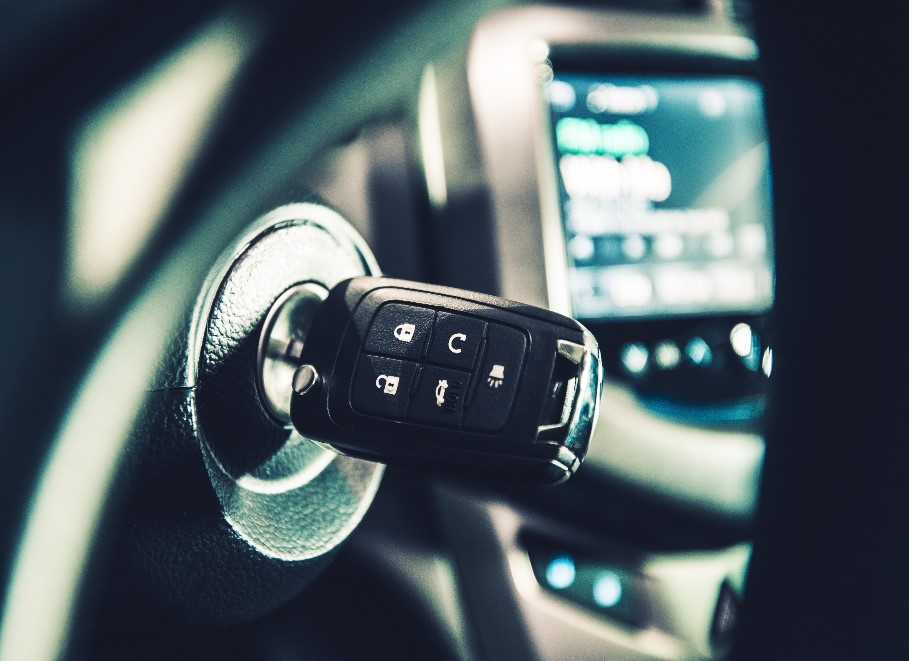A recent study done by the Insurance Institute for Highway Safety, IIHS, on alcohol detection systems had some significant findings. The purpose of their study was to find the effectiveness of alcohol detection systems in deterring drunk drivers. According to the IIHS, at least 10,000 people die due to alcohol related crashes. The idea is that the alcohol detection systems will stop drunk individuals from ever driving in the first place. This post will go over the study’s significant findings.
Alcohol Detection System
Before we get to the study’s findings, it would be helpful to know what an alcohol detection system does. In short, an alcohol detection system works like a breathalyzer3 to detect alcohol on a driver’s breath. If the system determines the driver is too intoxicated, it prevents them from starting the car. Other systems may use other ways to determine intoxication level, but the breathalyzer is common. If you have ever been convicted for DUI, you may be familiar with this interlock system.
Positive Findings
During the IIHS’s study, they found that alcohol played a role in 30 percent of fatal crashes every year for the past decade. However, if auto manufacturers placed alcohol detection systems in cars as a standard feature, it could curb deaths. In fact the study estimated that the system could save 9,000 lives. Now compare that to the 10,000 people who lose their lives annually to alcohol related crashes. Although it would mean around 1,000 people would still fall victim to fatal DUIs, it’s a significant change.
Take Home Message.
Although the study’s findings make alcohol detection systems in cars as a standard seem like a no brainer, it’s not. In order to get every manufacturer to invest in that, the federal government would need to get involved. So for now, avoid drinking and driving because fatal crashes are not the only outcome. You could end up in jail, paying fines, and with higher insurance rates plus an SR22.

